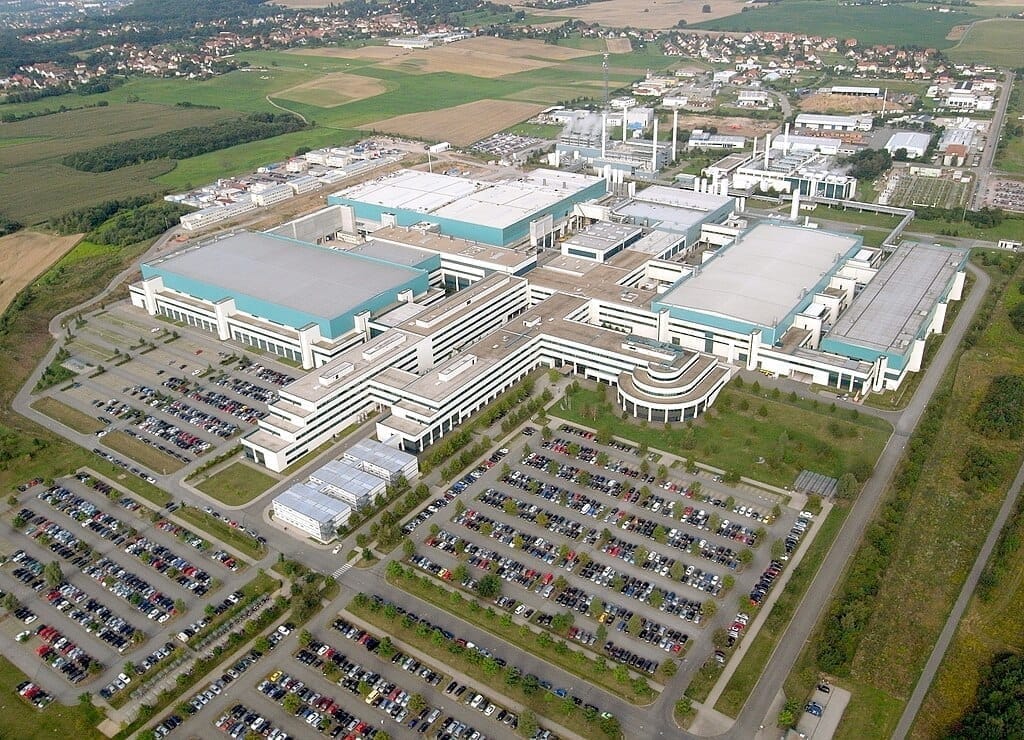Expedited Federal Review Boosts Rollout of Broadband Initiatives
Permitting changes are accelerating the expansion of semiconductor fabs and solar developments.
Jericho Casper

WASHINGTON, August 30, 2024 – The White House announced Thursday major advancements in environmental review processes, stating that federal agencies have processed more than twice as many permits for high-speed internet projects on federal lands and properties compared to the previous administration.
The Biden administration credited the acceleration to 36 new categorical exclusions adopted by the National Telecommunications and Information Administration to fast-track broadband permitting in preparation for its $42.5 billion Broadband, Equity, Access, and Deployment program.
Since 2020, more than 15 federal agencies have developed or expanded 125 categorical exclusions for projects considered to have ‘insignificant’ environmental impacts in key sectors, such as EV charging, broadband, semiconductors, clean energy, and transmission.
These exclusions have allowed the Department of Energy to halve permitting review timelines, the Department of Transportation to reduce assessment times by a third, and the Department of the Interior to rapidly advance offshore wind and onshore renewable energy projects, the announcement said.
The Department of Energy now expedites 99% of its decisions this way, along with the Federal Highway Administration and the National Oceanic and Atmospheric Administration.
The announcement Thursday also introduced two new permitting changes to accelerate the expansion of semiconductor fabs and solar developments.
The Environmental Protection Agency conditionally approved a new rule allowing companies in Maricopa County, Arizona – a key hub for U.S. semiconductor manufacturing – to earn clean air credits by transitioning to electric vehicles, supporting the expansion of semiconductor fabs while maintaining air quality standards.
The administration also accelerated federal review of solar projects, with the Bureau of Land Management opening up over 31 million acres across eleven western states for solar development on Thursday.
Traditionally, broadband and solar projects on federal lands would require lengthy reviews to ensure they do not harm historic sites or endangered species. However, with these new exclusions, many projects can now proceed more quickly, bypassing full environmental assessments, provided they meet the NTIA and BLM criteria.









Member discussion